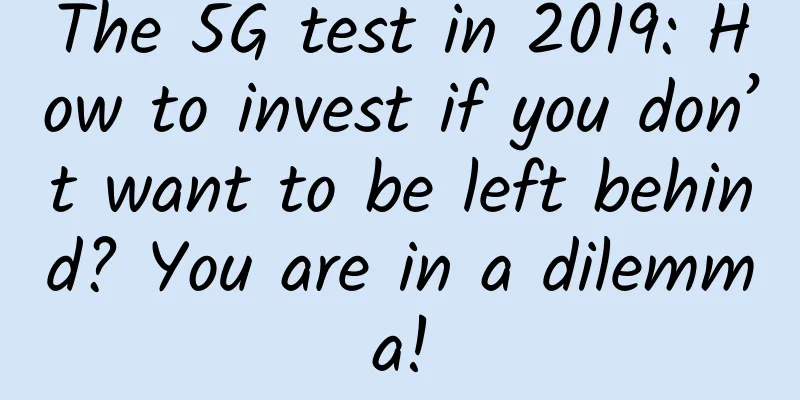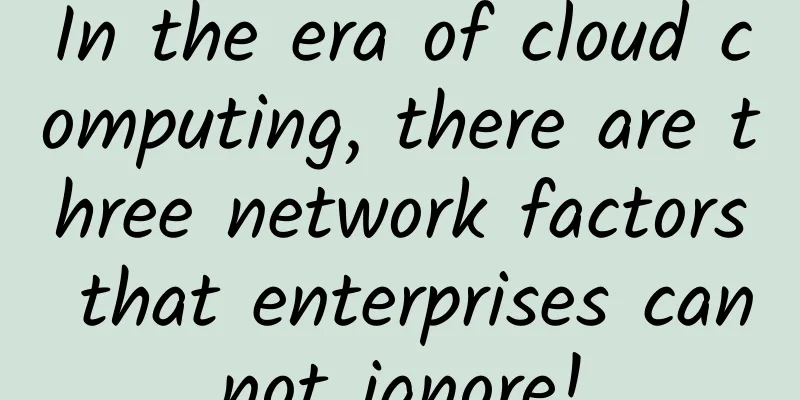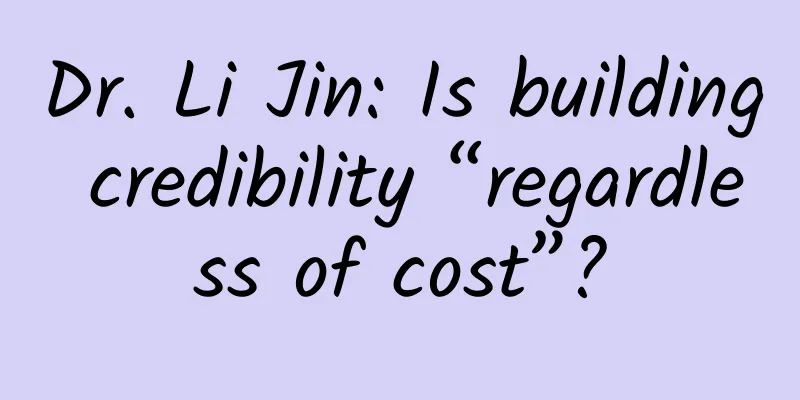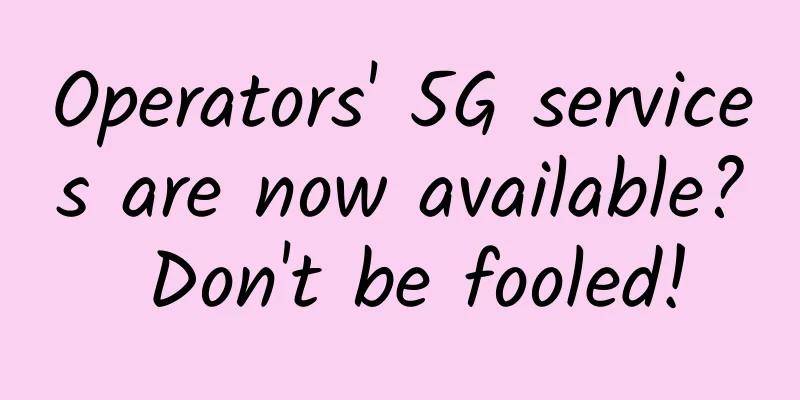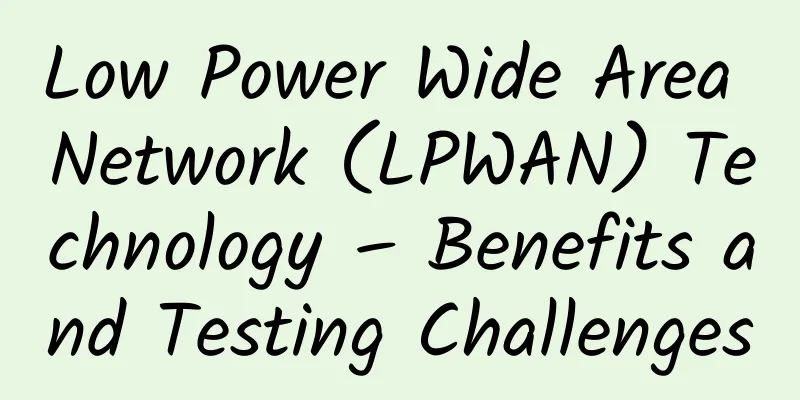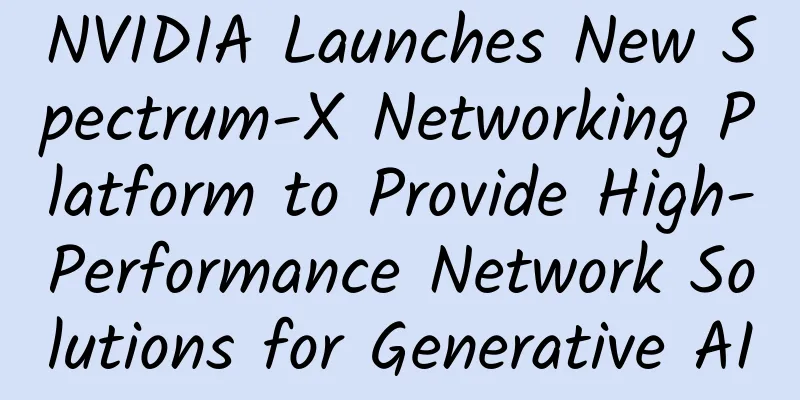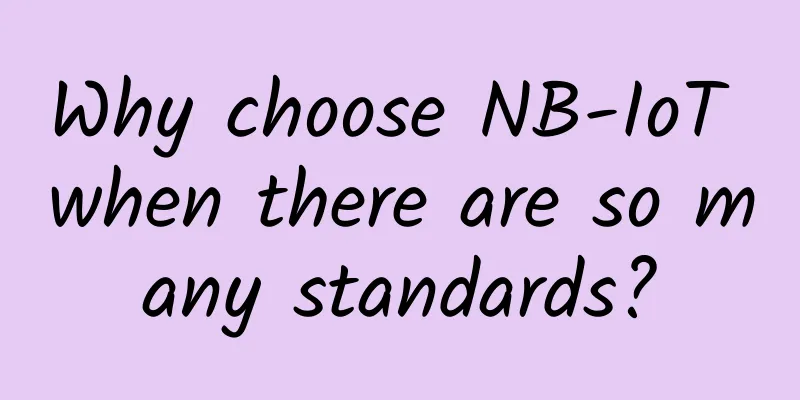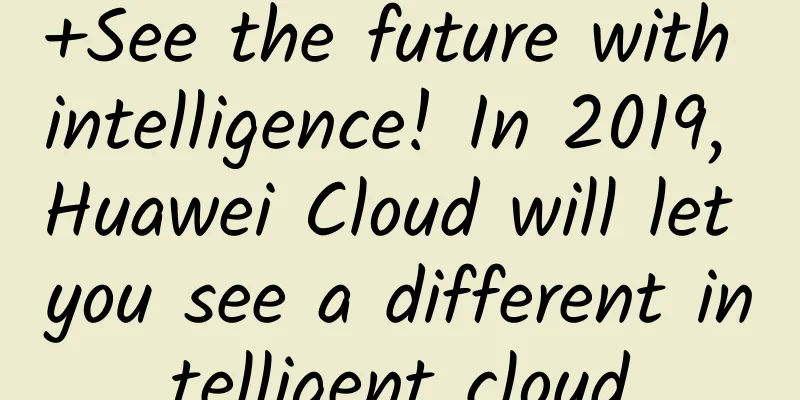Microsoft Accelerator Poetry Heart starts its journey to build an empathy platform with technological innovation
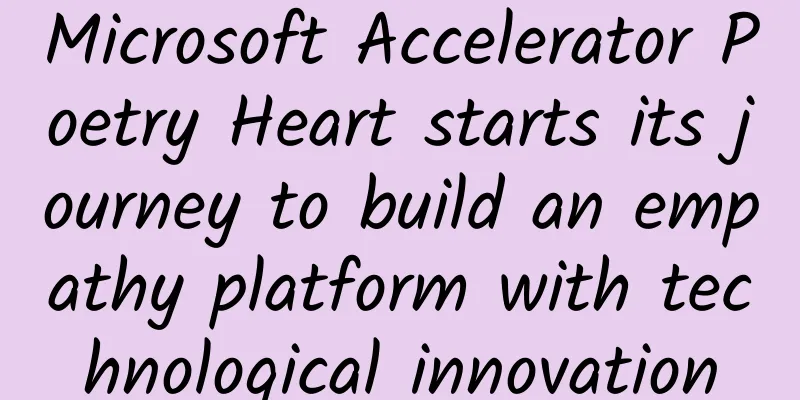
|
On March 15, 2018, the 11th Microsoft Accelerator Beijing Alumni Enterprise Welcome Meeting and 2018 Annual Open Day were held at the Microsoft Asia Pacific Research and Development Group Headquarters. The 17 startups from the 11th batch that stood out from nearly a thousand application teams made their first public appearance. Microsoft Accelerator Beijing systematically demonstrated the latest achievements of the Microsoft Accelerator innovation ecosystem and proposed to build an empathy platform with technological innovation to achieve collaborative sharing, horizontal learning, cross-border innovation and super cooperation among ecosystem participants. More than 200 senior people from Beijing Science and Technology Construction Group, Northern Light Venture Capital, KPMG China, Peking University Guanghua School of Management, Microsoft Accelerator alumni, investment institutions, partners, other Microsoft departments and media attended the event and interacted with the selected entrepreneurial teams. [[222793]] The 2018 Government Work Report pointed out that the goal of mass entrepreneurship and innovation in 2018 is to "promote mass entrepreneurship and innovation to a higher level. Encourage large enterprises, universities and research institutes to open up innovation resources, develop platform economy and sharing economy, form an innovation and entrepreneurship pattern that combines online and offline, industry-university-research collaboration, and large, medium and small enterprises, and create an 'upgraded version' of mass entrepreneurship and innovation." As a representative of large-scale enterprise entrepreneurship and innovation platforms that actively respond to national policies, Microsoft Accelerator has been established for five and a half years. With startups as the core, it has integrated resources from multiple parties, connected industries and sectors, and gathered and accelerated 231 elite entrepreneurial teams in China, gradually forming an entrepreneurship and innovation platform system with the brand characteristics of Microsoft Accelerator. This system consists of three parts: the resource system, which includes governments at all levels, industry leaders, investment institutions, partners, entrepreneurial parks and other forces; the technical support system, relying on Microsoft's technical accumulation in the field of "cloud, big data, things and intelligence", Microsoft's technology research and development department provides technical support and docking for alumni companies; the sales and marketing system, Microsoft's various marketing departments and alumni companies cooperate with each other to integrate Microsoft's internal business, market, research and development and other powerful global resources. The 11th Microsoft Accelerator Beijing recruitment started in early December 2017, focusing on artificial intelligence and machine learning, big data, blockchain, Internet of Things, Industrial Internet, mixed reality, cloud computing platform and technology application innovation, and focusing on industries such as retail, automobiles, logistics, manufacturing, construction, medical care, finance, and education. In line with the concept of "coming from the industry and going to the industry", Microsoft Accelerator Beijing has joined forces with major companies such as Industrial and Commercial Bank of China, Bank of China, Coca-Cola, CapitaLand, CITIC Group, Wanda Group, Daimler, BMW Brilliance, Johnson Controls, Honeywell, Aerospace Cloud Network, WuXi AppTec, FinTech Innovation Alliance, and China Chain Store Association to integrate actual industry problems and innovation needs. At the same time, it has conducted joint recruitment with dozens of partners such as Sequoia Capital, Northern Light Venture Capital, Chuangyebang, Fast Company, IT Orange, and 51CTO. Microsoft Accelerator Beijing also cooperates with large enterprises in the industry, allowing enterprise experts to help the accelerator screen out potential enterprises, such as WuXi AppTec and Pfizer in the medical industry, Coca-Cola in new retail, KPMG in financial technology, Honeywell and CASIC in industrial Internet of Things, ICBC and Bank of Beijing in financial value-added services and financial innovation services, and CapitaLand and Wanda Group in new retail and commercial real estate. In the future, in-depth cooperation will be carried out in mentors, training, enterprise docking and other aspects. In particular, MoBagel from Taiwan and Zhiyi Technology from Shenzhen are both winning teams of the hackathon event jointly organized by Microsoft Accelerator and Coca-Cola. They advanced to the finals through the green channel and were finally selected. In this recruitment, Microsoft Accelerator Beijing also closely linked with Microsoft's various business departments and fully mobilized Microsoft's internal resources in all aspects of recruitment, such as recommending projects and interviews. There are 3 selected companies from Microsoft partners. On the basis of the in-depth cooperation relationship with Microsoft, they will further use the brand and resources of the accelerator to achieve faster growth. There are nearly a thousand candidate projects in the 11th recruitment, covering 18 cities in mainland China. This recruitment also attracted outstanding startups from the United States, Japan, and other countries and regions. In addition to self-registration, these projects are more derived from partner docking, investment institution portfolios and alumni company introductions, entrepreneurial competition winning projects and roadshow recommendations, etc. According to statistics, more than 80% of entrepreneurs who applied for the 11th round have education backgrounds from top domestic and foreign universities, 90% have senior resumes in Fortune 500 companies, and the average age is 30-35 years old. The recruitment lasted more than 60 days. After material screening and at least two rounds of online and offline interviews, 17 innovative companies were successfully selected with a ratio of 1.89%. The 11th alumni founding team is a gathering of elites, with a total of 57 core founders, with an average age of about 37 years old. They all have backgrounds from top domestic and foreign universities. The founding team generally has in-depth industry insight, business thinking mode, and market prospect judgment. The vast majority of core team members have more than 12 years of deep industry accumulation, are proficient in professional knowledge, and have gained rich experience in the business and technical practices of large multinational companies. The selected companies are also more mature in the financing development stage. 16 of the 17 selected companies have obtained financing, one of which is in the self-profit stage, 5 have completed the angel round, 6 have completed the Pre-A round, and 5 have completed the A round and above. 64% are around the A round, with an average company size of 46 people, and are in a stage where they need to accelerate the rapid growth of services. The technical focus of the innovative enterprises selected by Microsoft Accelerator this time is the combination of artificial intelligence and industrial application. All 17 enterprises are based on the underlying technology platform of artificial intelligence as their entrepreneurial direction, and they all have high industry leadership and scenario innovation. It is particularly noteworthy that many of the selected enterprises in this period have combined the application of the retail industry. The team has a deep understanding and practical experience in the retail industry, and uses practical and innovative solutions to promote the overall digitalization and intelligent upgrade of retail. Microsoft Accelerator Beijing further proposed "starting with a poetic heart and building an empathy platform with technological innovation" to achieve collaborative sharing, horizontal learning, cross-border innovation and super cooperation among ecosystem participants. The so-called poetic heart is the empathy mentioned by Microsoft CEO Satya Nadella in the book "Refresh". It is necessary to jump out of the two-dimensional dimension of technological and business innovation and consider the impact of technological and business innovation from a broader humanistic perspective. Why is empathy from a humanistic perspective so important? Satya Nadella believes that "perceiving other people's thoughts and feelings is a vital ability for collaboration and relationship building. If we want to use technology to meet human needs, we must cultivate a deeper understanding and respect for each other's values, culture, emotions and driving forces to play a leading role." In the past five and a half years of practice, Microsoft Accelerator has deeply realized that in the context of mass entrepreneurship and innovation in the new era, it is more important to help entrepreneurial teams achieve coordinated development of humanity and technology, rather than simply emphasizing technological innovation and commercial success. Otherwise, due to the lack of empathy, technology startups may lack respect for humanity and social responsibility, which will eventually lead to fierce conflicts in social responsibility, multiculturalism, gender, region, race, etc. As Professor Zhou Changhui, a professor of strategic management at Peking University's Guanghua School of Management, mentioned in his keynote speech "Poetry Begins", Microsoft Accelerator Beijing hopes to play a greater social value with alumni companies in the future, and better balance the relationship between people's future employment, welfare and technological development, and balance the relationship between public service agency requirements and personal privacy. In fact, due to the exponential expansion characteristics and network effects of technology innovation companies, especially innovative companies in the fields of mobile Internet and artificial intelligence, the speed of wealth creation by new technologies is amazing. When the number of users reaches a certain scale, public facilities in the sense of user scale are formed, which also requires startups to pay more attention to the policy environment and social responsibility. Tan Lin, CEO of Microsoft Accelerator Beijing, said: "For more than five years, Microsoft Accelerator has been a benchmark for large enterprises to run dual innovation platforms. Now we need to let go of the past and start again. Because of empathy, the ideal of a community with a shared future for mankind can be realized. The 'exchange value' of the traditional commercial economy will be replaced by 'shared value'. Collaborative sharing, horizontal learning, cross-border innovation and super cooperation will lead to a disruptive transformation of the economic model beyond the market. We will add more humanistic thinking to the original way of thinking about technology and business innovation, and build an innovation platform with deep empathy with a more open and inclusive mindset to empower individuals and enterprises in the ecosystem, and start with 'poetic heart' to run towards the distance together and reach the distance." |
<<: Breaking news: UnionPay is going to be the first to “recruit” WeChat and Alipay?
>>: Which of the three major operators has the highest user complaint rate? This data tells you
Recommend
Looking ahead to network technology trends in 2018
If 2017 was considered the year of major disrupti...
Millimeter wave tragedy puts 5G in an awkward position
The United States is increasingly anxious and str...
Why does TCP need three handshakes and four waves?
[[402116]] This article is reprinted from the WeC...
Talking about my cold thoughts on SD-WAN on the crater
SDWAN will be the most valuable investment outlet...
Trend analysis: How to make 5G technology more down-to-earth from MWC
At MWC two years ago, we heard people imagining w...
The impact of blockchain technology on the future world and data centers
As organizations gain a deeper understanding of t...
Do you have an idle router? Why not transform it into an AP?
With the rapid development of wireless networks, ...
Have you ever been cheated by your cell phone plan? It’s time to say “no” to your carrier
As a non-rich person, have you ever applied for v...
80% of the network traffic returned by Internet applications comes from it?
What is a CDN? Content Distribution Network (CDN)...
Kunpeng Ecosystem Changhong Tiangong System Application Demonstration Project Officially Landed in Mianyang
[51CTO.com original article] On December 18, 2019...
HostingViet: 35% off for annual VPS/virtual hosting in Vietnam, 35% off for new purchases of Email Server
HostingViet's April promotion will end in two...
An oscillation almost ruined my work. It turned out to be caused by an IP address conflict!
Switches are in the arena, and it is not okay to ...
These seven points of network technology, weak current people must know
Weak current people have one thing in common: mos...
NAT Technology for IPv4 Extension
When our company releases application systems or ...
Xuzhou Tongshan District: Millions of people fall in love with "Government Cloud"
[[188582]] In an environment where everyone is &q...

